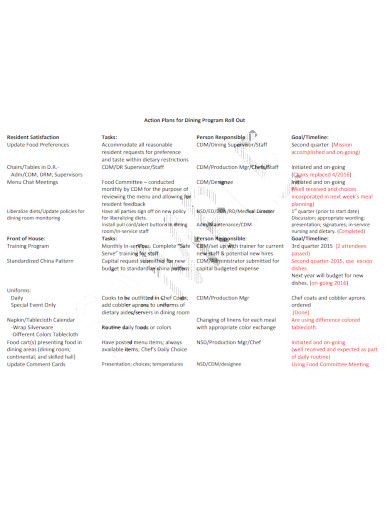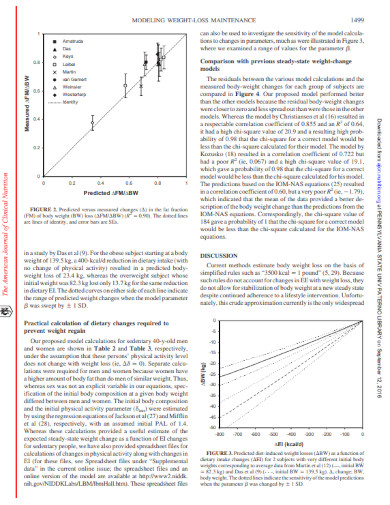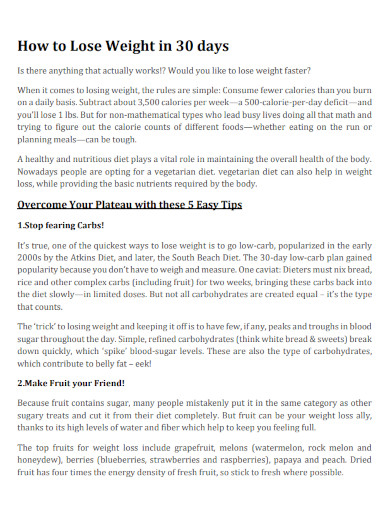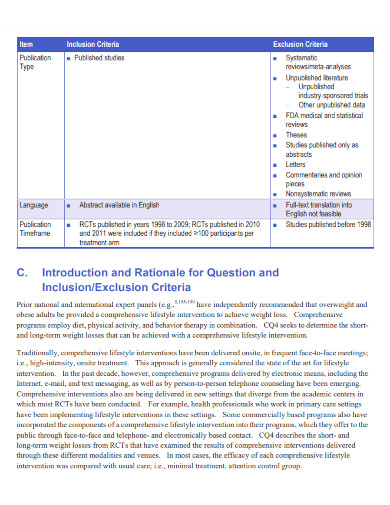3+ Weight Loss Spreadsheets Sample
Losing weight to a healthy weight for one’s stature might have medical benefits. Reduced cholesterol and blood sugar levels, lower blood pressure, less stress on bones and joints, and less labor for the heart are just a few of these gains. To get long-term beneficial health effects, it is essential to sustaining weight reduction. Many individuals find losing weight tough, but maintaining weight loss is much more difficult. Making a spreadsheet might assist you in keeping track of your weight reduction. Need some help with this? We’ve got you covered! In this article, we provide you with free and ready-made samples of Weight Loss Spreadsheets in PDF and DOC formats that you could use for your benefit. Keep on reading to find out more!
1. Weight Loss Diet Spreadsheet
2. Modeling Weight Loss Maintenance
3. 30-Day Weight Loss Vegetarian Meal Plan
4. Management of Overweight Obesity in Adults
What is a weight loss spreadsheet?
A weight loss spreadsheet is a simple and quick way to keep track of your daily behaviors including calorie consumption and activity. Furthermore, documenting what you eat can provide you with an estimated baseline from which to work and compare when trying to minimize the overall amount of calories you consume every day. Finally, keeping note of what you consume might aid in behavior monitoring.
How to make a weight loss spreadsheet
A weight loss spreadsheet is a simple and quick way to keep track of your daily behaviors including calorie consumption and activity. Furthermore, documenting what you eat can provide you with an estimated baseline from which to work and compare when trying to minimize the overall amount of calories you consume every day. Finally, keeping note of what you consume might aid in behavior monitoring.
How to write a weight loss spreadsheet
It’s critical to keep track of your weight at all times. This allows you to track your weight reduction progress and, if you begin to gain weight, you may adjust your diet or increase your activity. A Weight Loss Spreadsheet Template can help provide you with the framework you need to ensure that you have a well-prepared and robust spreadsheet on hand. To do so, you can choose one of our excellent templates listed above. If you want to write it yourself, follow these steps below to guide you:
#1. Calculate your body mass index.
One reliable sign of weight reduction is changes in your BMI which is a ratio of your weight and height. Plug your numbers into an online calculator. Your BMI should decrease as you lose weight. A normal BMI range is 18.5 to 24.9, whereas 25 to 29.9 denotes overweight, and 30 or above implies obesity. Remember that BMI has its own restrictions and that this technique should only be used as a rough guide.
#2. Obtain the measuring tape.
Since a wide waist measurement increases your risk of diabetes, heart disease, and other health concerns, you may also use a tape measure to track your progress. It may be used to keep track of the cm around your chest, hips, thighs, calves, upper arms, and center.
#3. Keep your weight loss goal in perspective.
If you still want to use the scale, strive to lose 12 to 1 kilogram every week to prevent becoming disheartened. Keep in mind that factors like muscle mass and hydration retention might affect the results.
#4. Select your scale carefully.
While it’s vital not to dwell over the amount on the scale, it may still be useful if you’re trying to lose weight. Also, remember that Monday isn’t the greatest day to weigh in. Friday morning is a better time to weigh in since individuals tend to eat more on weekends and less throughout the week. But remember to weigh yourself once a week and keep to around the same time each week.
FAQ
Is weight loss tracking necessary?
Considering its imprecision, keeping note of what you eat can provide an approximate baseline from which to work and compare while trying to minimize the overall amount of calories you consume every day.
Why is it necessary to keep track of your weight?
Regularly keeping track of your weight is a great motivator. It can provide you with useful information on how well your weight-loss attempts are working and what isn’t.
Why is losing weight such a crucial goal?
Being overweight puts you at a higher risk of developing health problems. You may have more energy, less joint discomfort, and a better night’s sleep if you lose weight.
Using a spreadsheet to keep track of your weight reduction makes you accountable and allows for easy adjustments and indicates when and where diet changes are required. To help you get started, download our easily customizable and comprehensive samples of Weight Loss Spreadsheets today!
Related Posts
Sample Material Lists
Sample Excuse Letter for School
Feature Writing Samples
FREE 14+ Sample Music Concert Proposal Templates in MS Word | Google Docs | Pages | PDF
FREE 10+ Security Guard Contract Samples in PDF | MS Word
FREE 10+ Assurance Agreement Samples In MS Word | Google Docs | Apple Pages | PDF
FREE 10+ Option to Purchase Agreement Samples in MS Word | Apple Pages | PDF
FREE 26+ Curriculum Form Samples in MS Word | PDF
FREE 20+ Cleaning Service Proposal Samples in PDF | MS Word
FREE 29+ Sample Loan Application Form Templates in MS Word | PDF
FREE 10+ Event Venue Contract Samples in PDF | MS Word | Pages | Google Docs
FREE 10+ SBAR Samples in PDF | DOC
FREE 12+ Music Band Contract Templates in PDF | MS Word
FREE 10+ HVAC Maintenance Contract Samples in PDF | MS Word
FREE 10+ Social Media Marketing Contract Samples in MS Word | PDF




